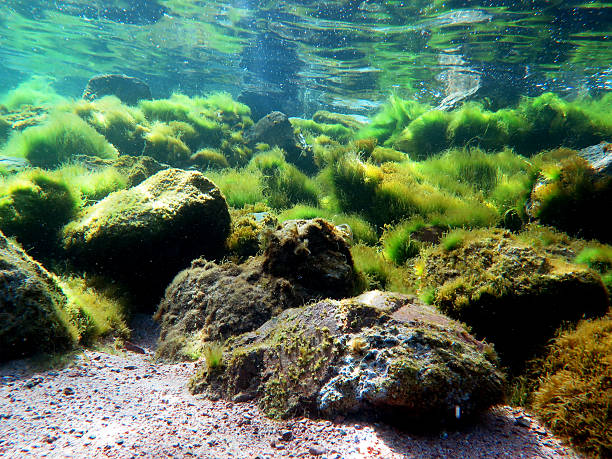Symbiotic Algae play a significant role in most marine ecosystems and are responsible for keeping coral reefs healthy. However, this particular type of algae is heavily impacted by ocean pollution, which consequently affects the overall health of coral reefs.
Symbiotic Algae is the brown / yellow algae that lives in most coral’s gastrodermis (inner layer of cells that serves as a lining membrane of the gastrovascular cavity of Ctenophores). The algae grow in extremely high density on its host and are responsible for the exchange of nutrients between them and their host. Therefore, when the algae are not present the coral finds it difficult to source its own nutrients.
A recent study conducted throughout 19 reefs in the Caribbean revealed that 37% of reefs were dying due to a significant decline (50%) in production of carbonate (a measure of their health). The study revealed that there were strong correlations between the health of the reefs and the levels of inorganic nitrogen in the water. Researches suggested that the increased levels of inorganic nitrogen in the water put the algae under increased levels of stress, causing them to accumulate sulpholipids and have increased enzyme phosphatase activity.
Overall, the study revealed that the inorganic nitrogen was directly affecting the algae, which consequently negatively impacts the health of the coral reefs.
However, not all algae reacts negatively to high levels of nitrogen. Some species of algae thrive in nitrogen rich waters, causing algal blooms, which thus starve the surrounding ecosystems of oxygen, causing fish and other marine species to die off.
So what can we do about it?
Within the research area in the Caribbean, it was found that 38% of the nitrogen pollution was coming from agriculture and the chemical fertilizers that are used to increase the yield from crops. The fertilizers delivered onto the crops eventually find its way into local waterways, which inevitably eventually find their way to the ocean.
There are a number of ways that the agriculture industry can minimize their impact on the ocean. These include: fencing off animals further away from waterways, to avoid runoff; implementing cover crops and fertilizer management systems; and implementing buffer zones between crops that must be fertilized and waterways.
However, implementing biologically friendly fertilizers has proven to be a sustainable long-term solution.
Hibrix Gold
Hibrix gold is a biologically based liquid fertilizer, which contains molasses, sugar, 28 minerals, Hibrix Chelator, and two types of kelp. The fertilizer is naturally free from the coral killing chemical, inorganic nitrogen. Hibrixis is also scientifically proven to aid in increasing crop yield, which decreases input cost. The high sugar content also helps protect crops from damage caused by frost and early heat.
Help our eco systems by choosing Hibrix Gold.
For more information, visit – https://nwsolutions.com.au/hibrix-gold/

